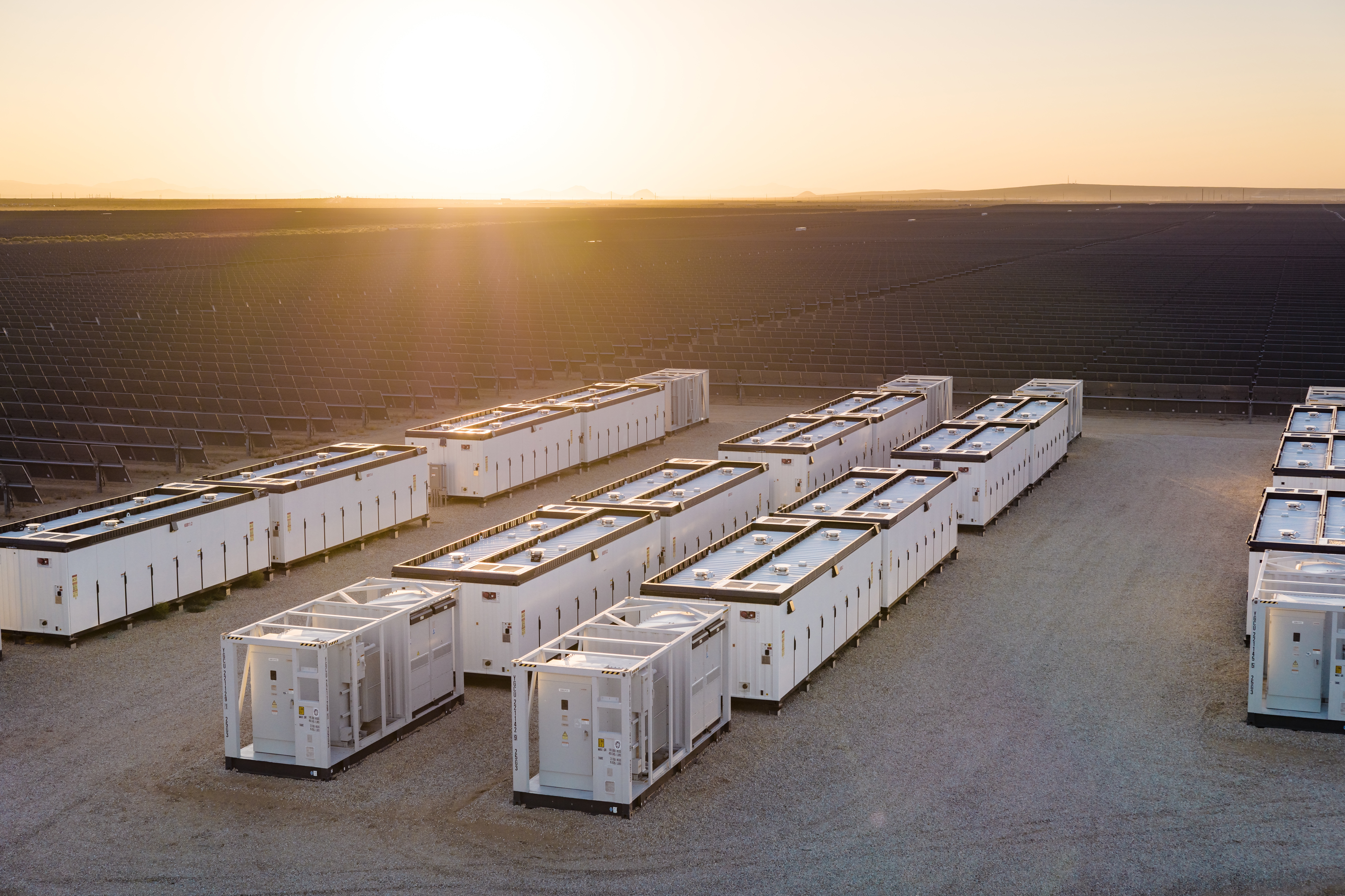The American Transportation Research Institute has estimated that fuel costs represent a significant portion of operating expenses, ranging from 20% to 30%, for companies that rely on fleets of vehicles and heavy machinery. As fuel is such a large expense, business owners are wise to ensure it is used efficiently.
The first step in efficient fuel management is understanding how much fuel you use and where it’s going. A detailed analysis can reveal opportunities for cost-saving and process improvements. Here are three key areas to analyze as you look for ways to cut fuel costs.
Analyze fuel usage patterns
A fuel efficiency audit will help you discover areas where fuel usage can be improved. Collect data on usage by project, by site, or by equipment.
While traditional fuel tracking, such as paper logs and fuel card summaries, can provide some information, relying on manual entry for fuel logs makes these methods susceptible to human error or misuse. A better way to track fuel usage is an automated fuel management system that allows you to view real-time data.
Fuel monitoring systems can detect anomalies in fuel usage and alert you to possible problems. These systems integrate GPS data, engine diagnostics, and fuel sensors to provide real-time views of fuel consumption, idling rates, and route information. This allows you to view refill times and locations, unauthorized fuel use, driver behavior, and more.
Tracking fuel needs over time also allows you to be confident in the forecast of your fuel budget–no more guessing. With the right fuel partner, fleet fueling can even be automated.
Read how World Fuel's FleetConnect remote telemetry technology helped the Fred Smith Company better manage their usage of over 2½ M USG of fuel annually across operations throughout two states.
“We can be very hands-off with World Fuel's tank and fleet telemonitoring. There was nothing before that. It was a very labor-intensive process. Life before World Fuel was very different.” - Gary Smith, Fleet Manager, Fred Smith Company, NC, USA
Analyze operations for inefficiencies
Another area for detailed fuel analysis is in your operations. According to the Environmental Protection Agency (EPA), the construction industry could reduce fuel consumption by 15% by optimizing processes.
- How efficient are your routes?
Inefficient routing decisions and unnecessary travel can waste fuel in small increments each day. These inefficiencies add up. Tracking this information will help you establish better route planning and more efficient jobsite logistics.
- How efficient are your operators?
Your people are an important asset in reducing fuel costs and managing the efficiency of fuel usage. Frequent idling, abrupt braking, and sudden acceleration impacts fuel efficiency. Studies estimate that an idling engine alone can waste up to 0.8 gallons of fuel per hour.
- How well maintained is your equipment?
Equipment maintenance also plays a role in efficient fuel usages. Regular inspection and maintenance of your equipment can alert you to problems that increase fuel usage, such as blocked air filters, malfunctioning thermostats, loose or damaged fuel caps, or tire pressure that is too high or low. Additionally, as technology in machinery advances, equipment becomes more fuel efficient. It may be time to upgrade some pieces of equipment to gain better fuel efficiency.
Analyze fuel procurement and storage
Lastly, examine the ways you fuel your fleet and store fuel.
- Do your operators need to fill up each day before heading to a worksite?
- How do operators handle refills?
- Do you use on-site fuel storage?
- Do you encounter fuel storage losses due to theft or spillage?
Examine the cost per gallon and contract terms from different suppliers, and compare those to bulk fueling options. Buying fuel in bulk often allows you to lock in a more competitive rate. Fleet fueling cards can also reduce fuel costs by using pre-set limits.
Onsite fleet fueling options may offer additional savings in both time and money. Whether you opt for bulk fuel delivery, or decide to store fuel onsite, you will always have an available supply. Storing fuel onsite can also protect your fuel from threats like theft, contamination, or extreme weather.
Turn your analysis into action for lower fuel costs
Analyzing these three areas will give you a comprehensive picture of how you are currently optimizing fuel usage. From this information, you can develop a roadmap for better fuel efficiency. With the right systems in place, you can proactively monitor usage, discover areas for improvement, and lower costs.
Ready to optimize fuel usage and reduce costs in your operations?
The fuel experts at World Fuel, a World Kinect Company, deliver tailored solutions including fuel efficiency audits, bulk fuel delivery, price risk management, remote fuel monitoring, sustainability planning, and emergency preparedness. As the one-stop solution for all your fuel supply needs, we help you cut costs and keep your fleet and machinery running smoothly.
Speak with one of our fuel solution experts today.




